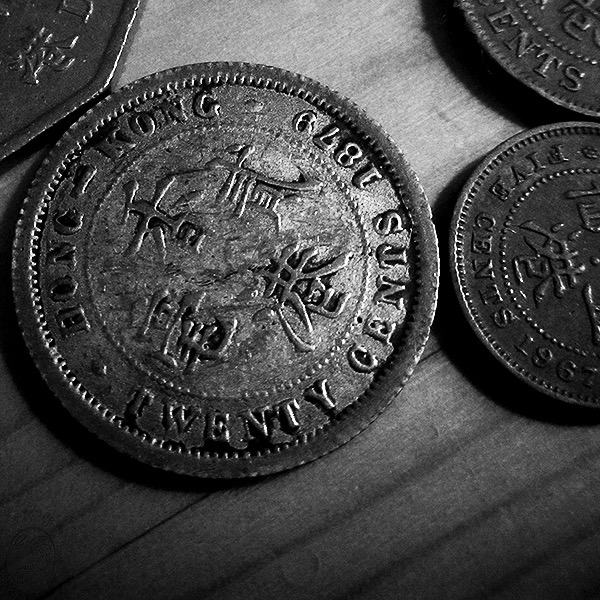
君子、義、小人、利|rEAL mAN, mORALITIES, mEAN mAN, bENEFITS
在下明白,出賣靈魂的背後有著萬個理由和藉口,可是這萬個動機卻為不公不義造就了一個無理的世界。
I understand that there are ten thousand reasons and excuses behind selling souls, however, these ten thousand motives have created an unreasonable world for the injustice.
再細想,其實最後還是由我們及下一代「自食其果」。
And then think again carefully, we and the next generations actually still have to “take the consequences” in the end.
這值得嗎?
Is it worth it?
《論語》的第四書《里仁》——第十六章:
“The Analects”*₁, Book 4 – Chapter 16:
子曰:「[君子₁]喻於[義₂],[小人₃]喻於[利₄]。」
Confucius*₂ said, “[rEAL mAN₁] understands [mORALITIES₂], [mEAN mAN₃] understands [bENEFITS₄].”
在下更希望,我們不用出賣靈魂以及變得更堅強。
I hope, we do not need to sELL our sOULS and being sTRONGER.
..,
nOTES:
*₁: “The Analects” or “Analects of Confucius” – collected sayings and thoughts of great philosopher Confucius; it is one of the important canonical Confucian literature. Traditionally people believe that “The Analects” was written by disciples or followers of Confucius during the late Warring States period (475-221 BC) and its final revision was completed during the Emperor Cheng period (33-7 BC) in late Western Han Dynasty (206 BC-9).
*₂: Confucius (551–479 BC) was an educator, philosopher and official of Lu State in the late Eastern Zhou Dynasty (ca. 1043-256 BC) during Spring and Autumn Period (770-476 BC), he was the founder of Confucianism and developed his Confucian theory of the five virtue elements: benevolence, righteousness, courtesy, wisdom and trust.
certainly like your web-site butt you have to take a look
at the spelling on several of your posts. A number of them are rife with spelling problems and I ffind it very bothersome too tell the reality nevertheless I’ll surely come back again. https://Glassiuk.Wordpress.com/
What’s up to all, for the reason that I am really keen of reading his
webpage’s post to be updated regularly. It contains fastidious material. https://prefereplus.com/employer/tonebet-casino/
Heya i am for the first time here. I found this board and I find It truly
useful & it helped me out much. I hope to give something back and help others like yoou aided me. https://valuableesportsteams.Wordpress.com/
Vấn đề bảo mật luôn được thương hiệu quan tâm và đặt lên hàng đầu. Hội viên khi tham gia sẽ không cần phải lo lắng về vấn đề thông tin cá nhân quan trọng bị rò rỉ hoặc xâm nhập trái phép từ bên ngoài. 888slot77.org Đăng Nhập không chỉ thiết lập một loạt chính sách quan trọng mà còn cung cấp tính năng mã hóa bảo vệ đa lớp cùng hệ thống tường lửa thép đặc biệt.